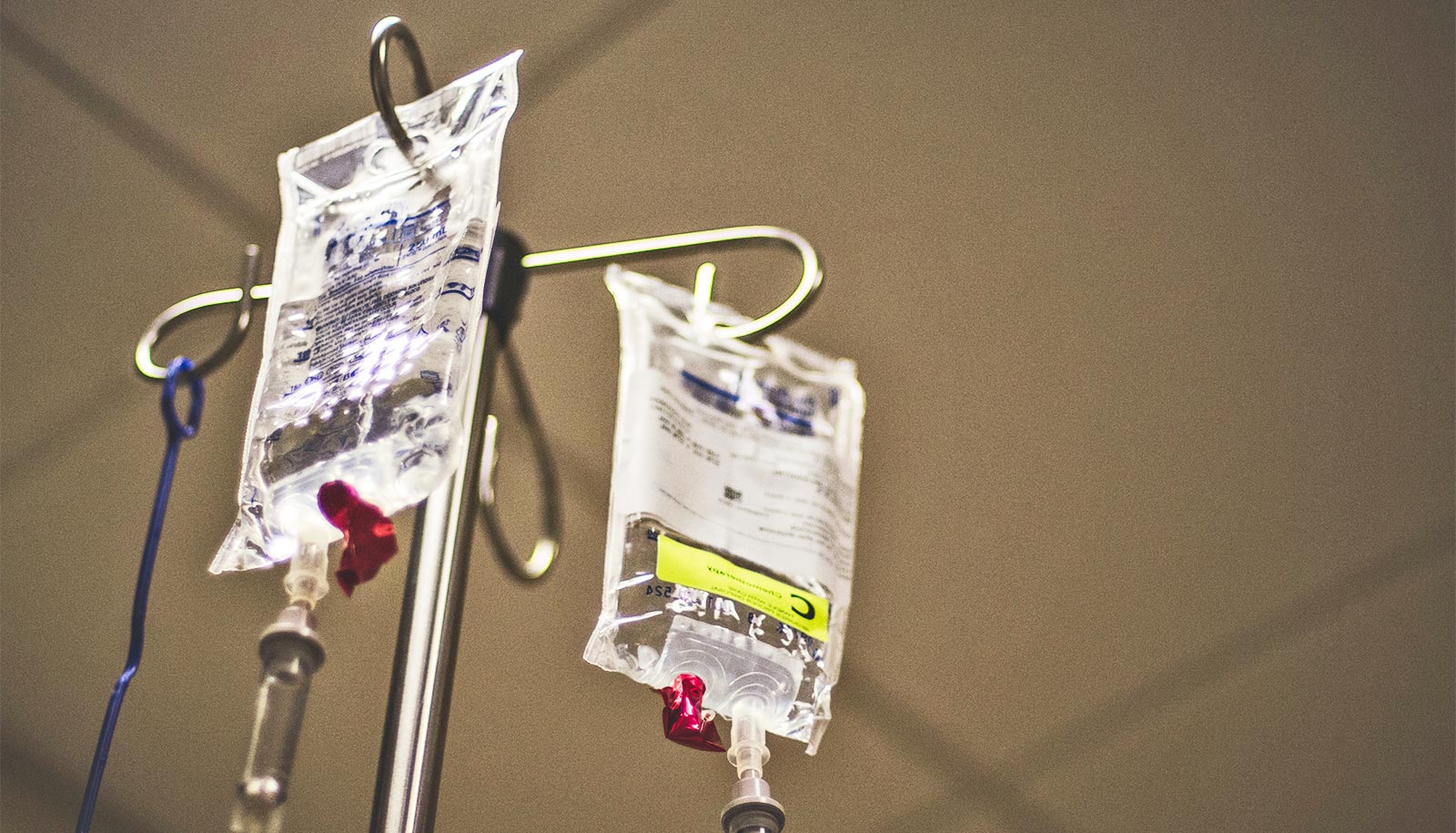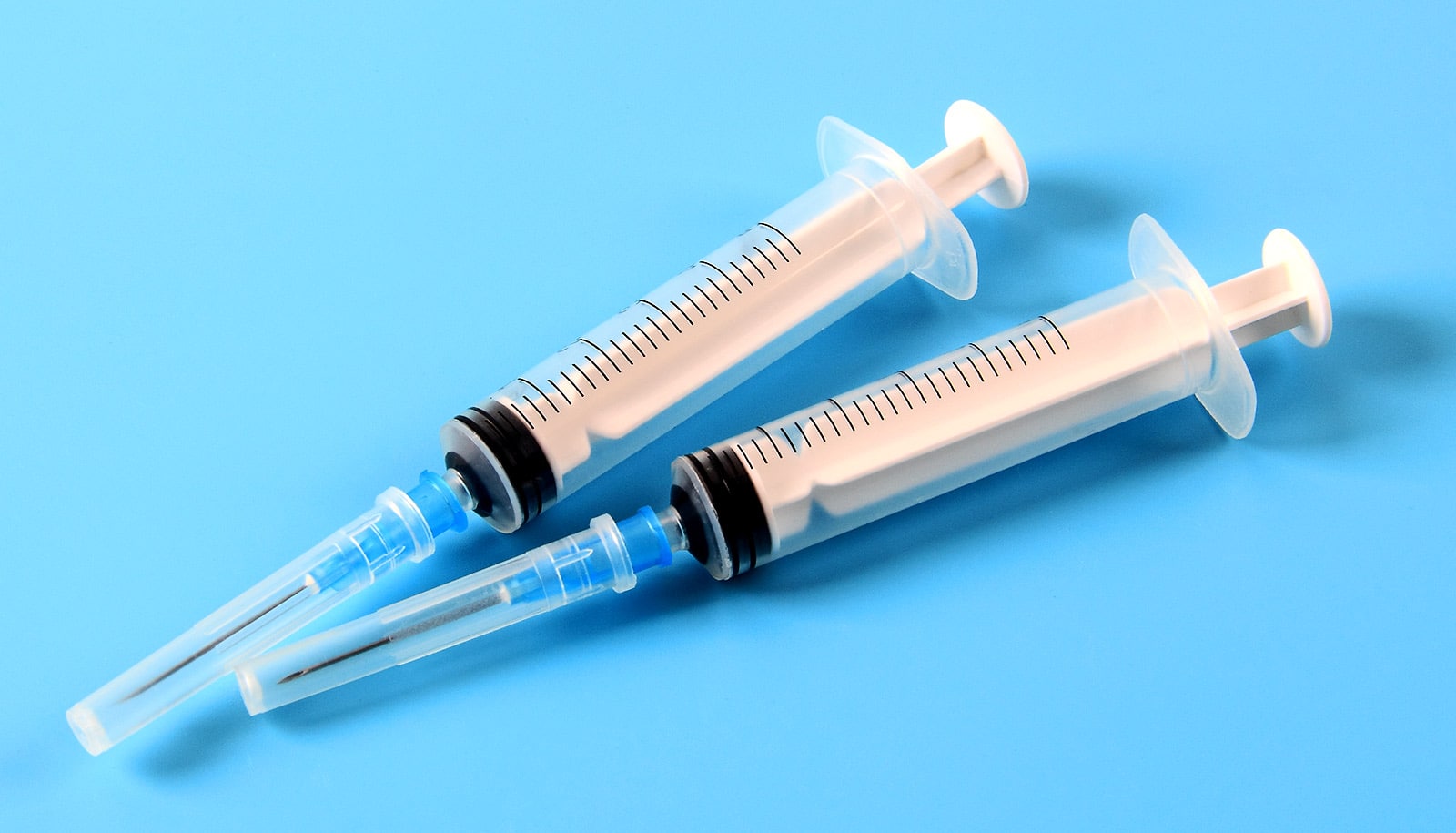Offering HIV testing to people when they go to a new primary care is cost-effective and will save lives, according to a study of 86,000 people at 40 GP locations in the UK.
Researchers at the University of Warwick are calling on health care commissioners to offer screening to all 74 high HIV prevalence local authorities in England. High prevalence areas are those with more than two HIV infections per 1,000 adults.
If they are diagnosed early and receive treatment, people with HIV have a near normal life expectancy—and are no longer infectious to other people. But around 18,000 people in the UK don’t know they have HIV.
“We’ve shown that HIV screening in UK primary care is cost effective and potentially cost saving, which is contrary to widespread belief,” says Werner Leber of Queen Mary University of London. “This is an important finding given today’s austerity. Financial pressures, particularly within local authority’s public health budgets, mean that the costs of HIV testing are under intense scrutiny, and in some areas investment in testing has fallen.”
As reported in The Lancet HIV, researchers examined data from an earlier research trial in Hackney—a socioeconomically deprived London borough with an HIV prevalence rate of 8 per 1,000 adults. The trial involved 40 general practices, where they tested the effect of including rapid finger prick HIV testing as part of the standard health check during registration. The practice led to a four-fold higher HIV diagnosis rate.
Slot machine algorithm could find HIV hotspots
The mathematical model that included all the costs associated with HIV testing and treatment, showed that primary care HIV screening in high prevalence settings becomes cost-effective in 33 years. Factoring in the higher costs of care for people whose HIV is diagnosed late, the screening could become cost-effective far sooner—and could even become cost-saving if the long-term healthcare costs of late-diagnosed patients are much higher than those of patients diagnosed earlier.
“Currently NICE (National Institute for Health and Care Excellence) uses a threshold of £20,000 to £30,000 per Quality Adjusted Life Year (QALY) gained to gauge whether the health benefits of an intervention offer value for money to the NHS and its patients,” says lead author Rebecca Baggaley. “QALY is a widely used measure of health that combines length and quality of life. We found that over 40 years, primary care-based HIV screening in high prevalence areas would cost an estimated £26,626 per QALY gained and therefore warrants funding in the UK.”
Other researchers from the University of Warwick and University College London, Homerton University Hospital NHS Foundation Trust, and the University of British Columbia contributed to the work.
Source: University of Warwick



